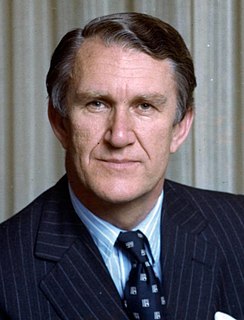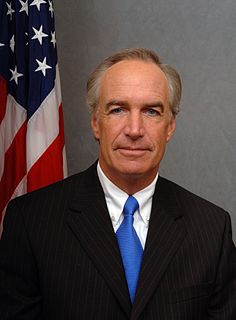A Quote by Jan Schakowsky
In Illinois, community, migrant, homeless and public housing health centers operate 268 primary care sites and serve close to 1 million patients every year.
Related Quotes
One of the things we need to do is address mental health care as an integral part of primary care. People often aren't able to navigate a separate system, so you see successful models where a primary care physician is able to identify, diagnose, and concurrently help people get mental health treatment who have mental health issues.





























